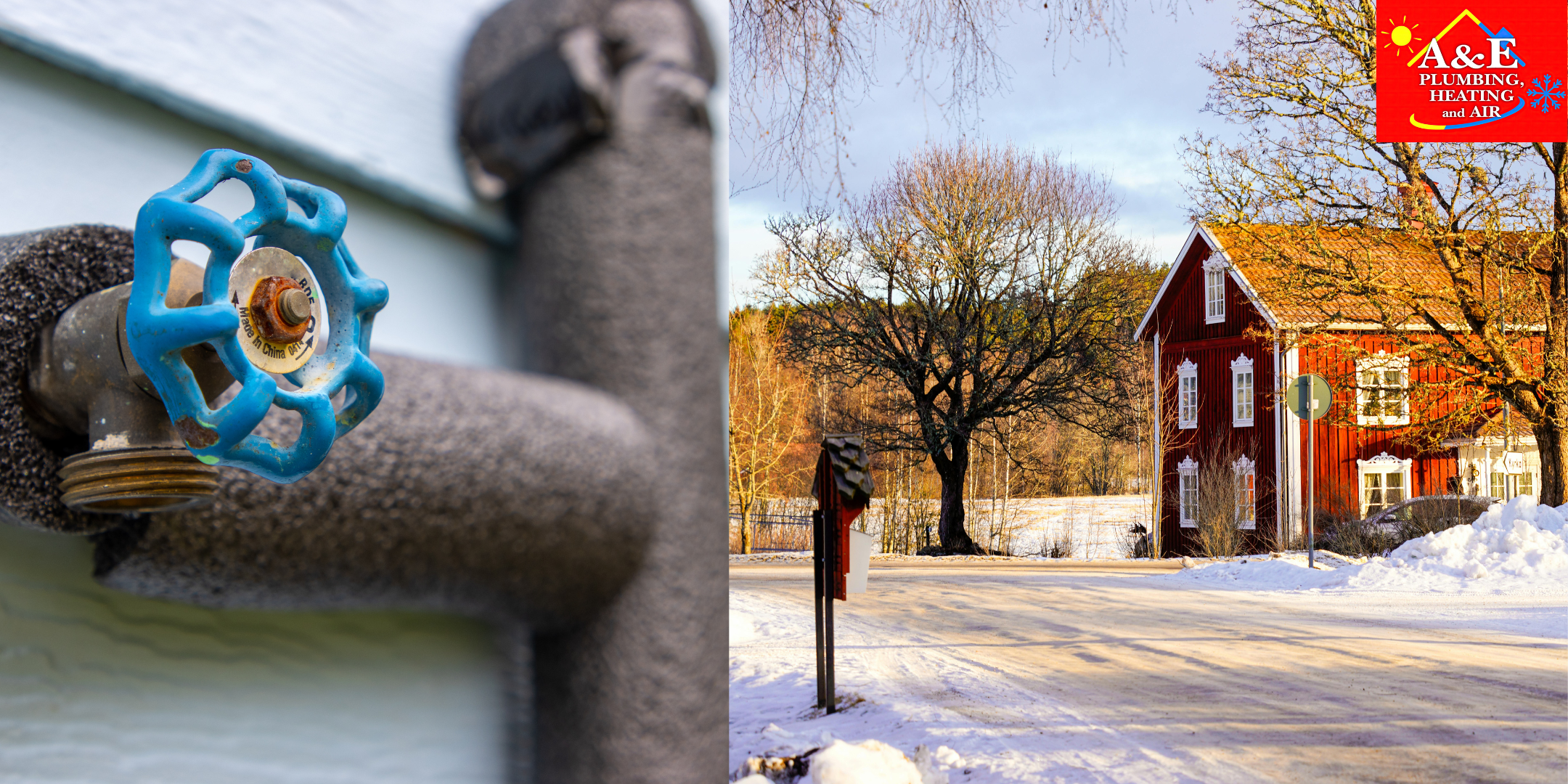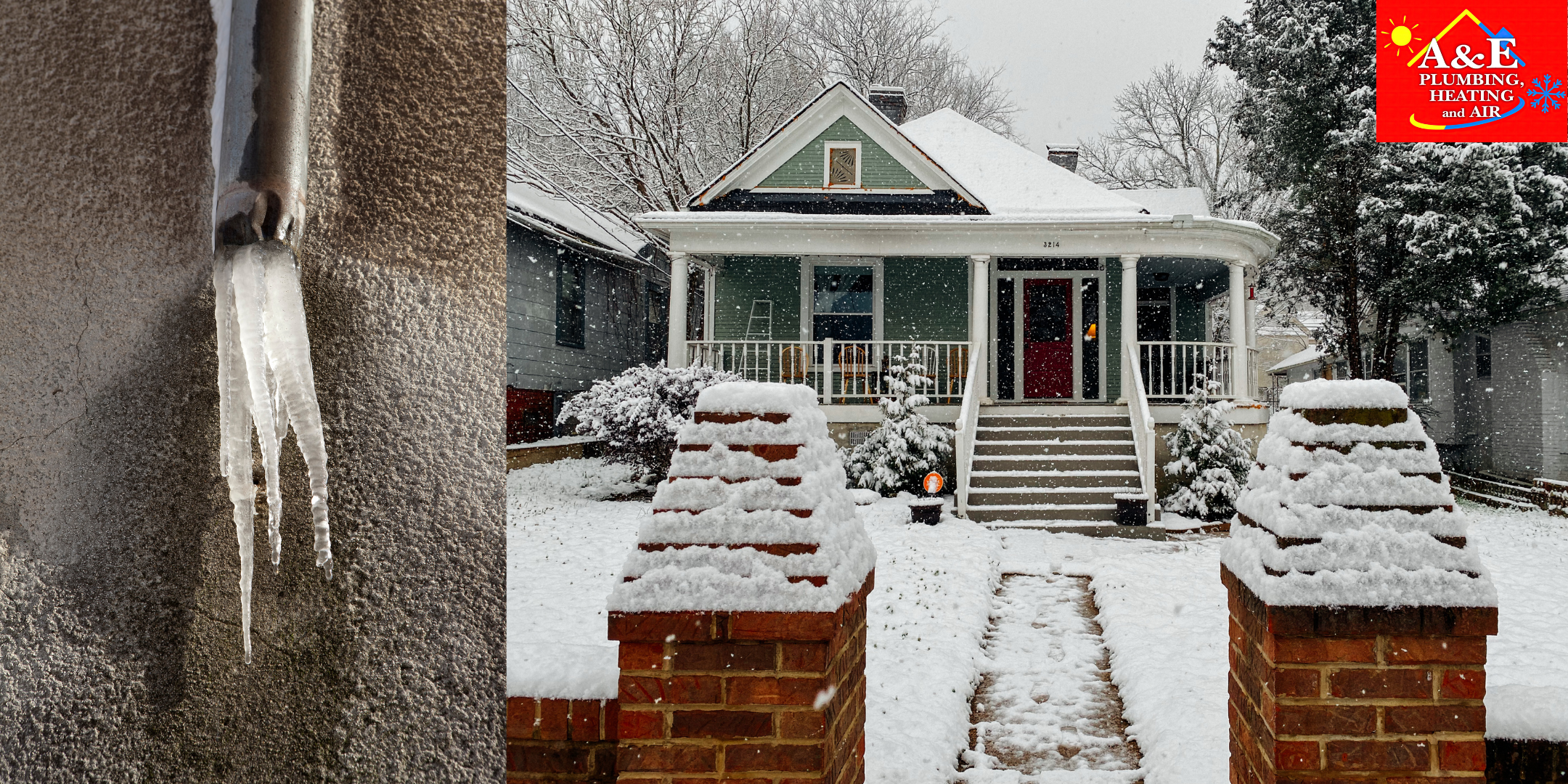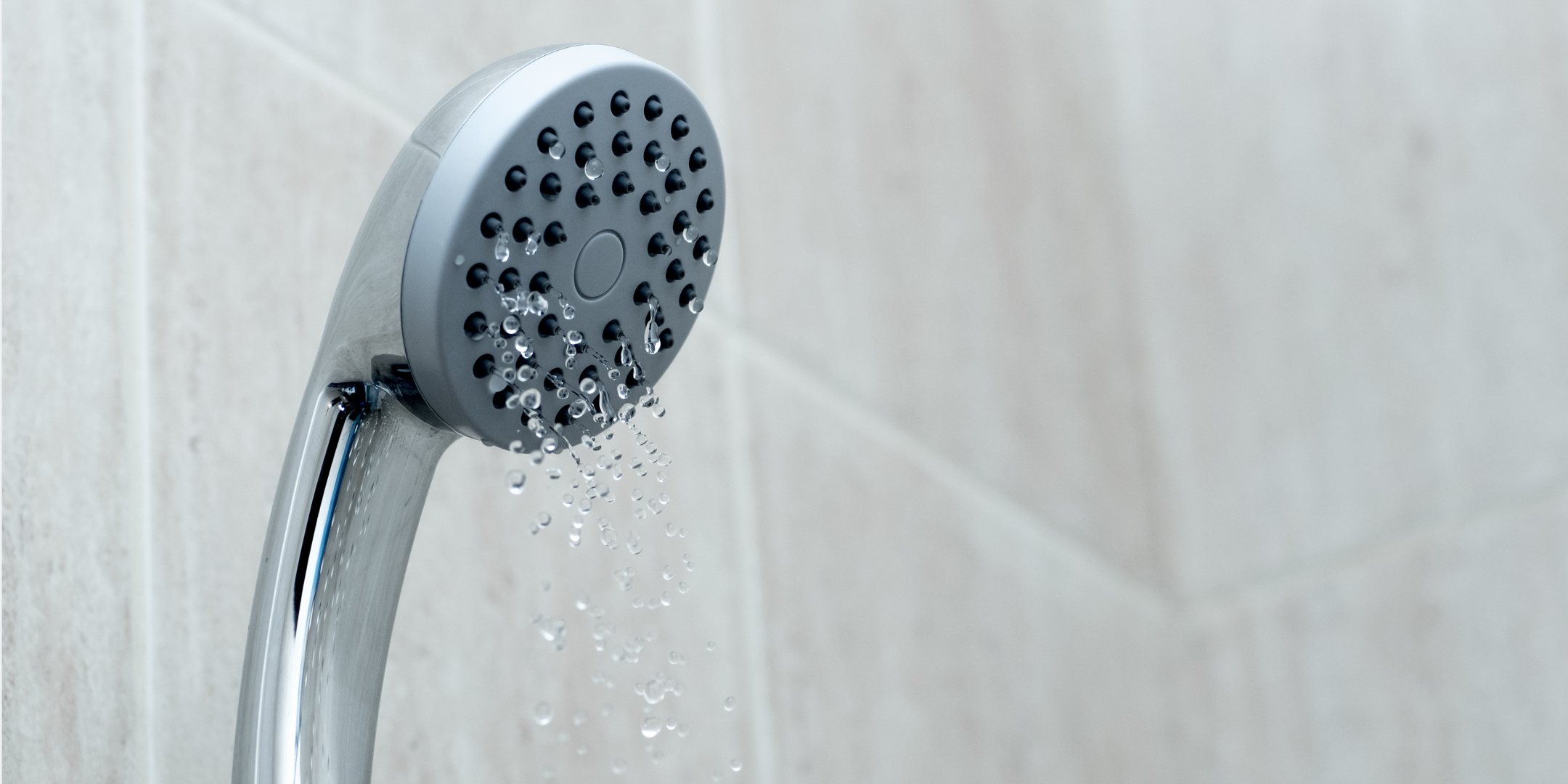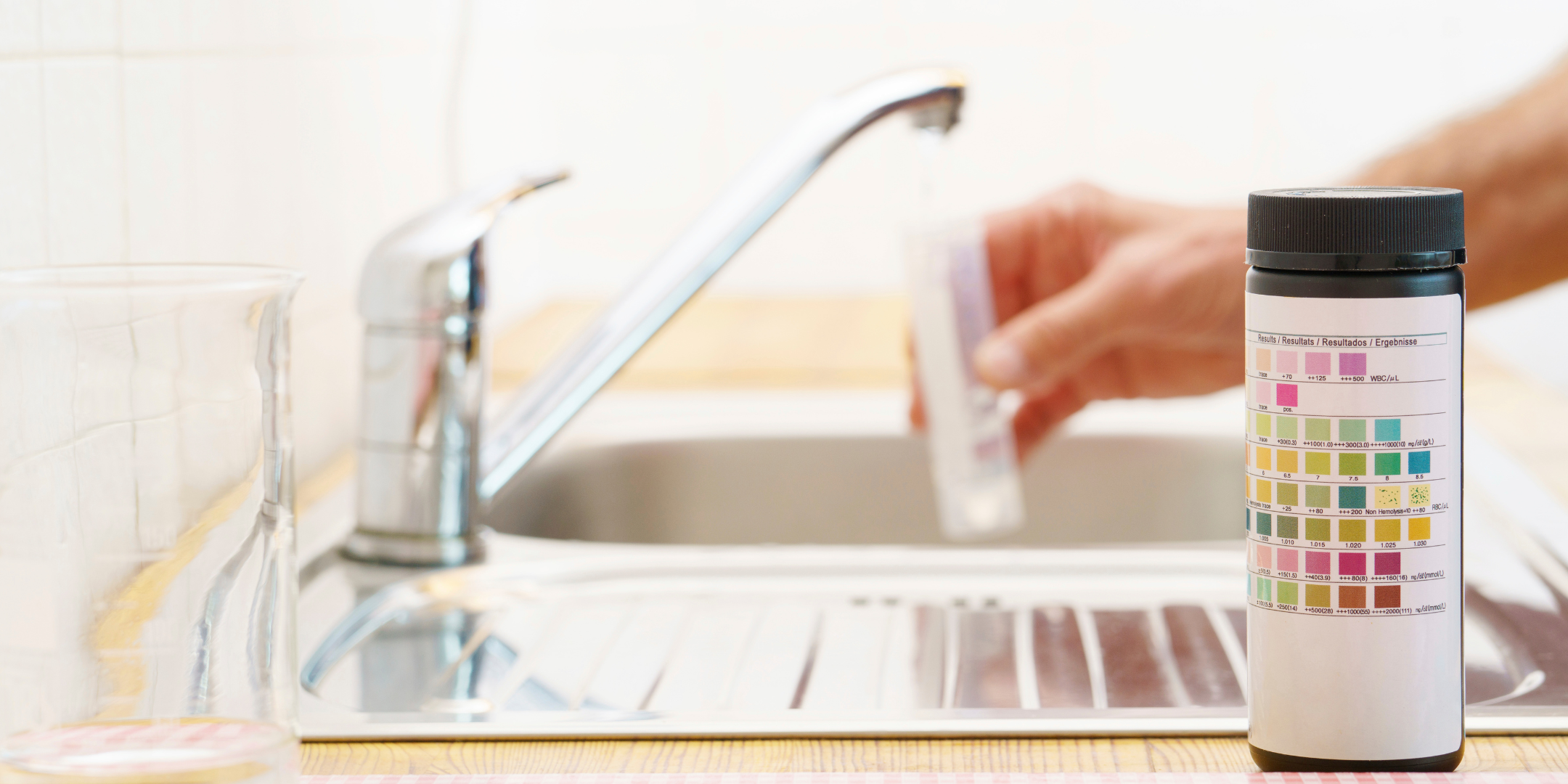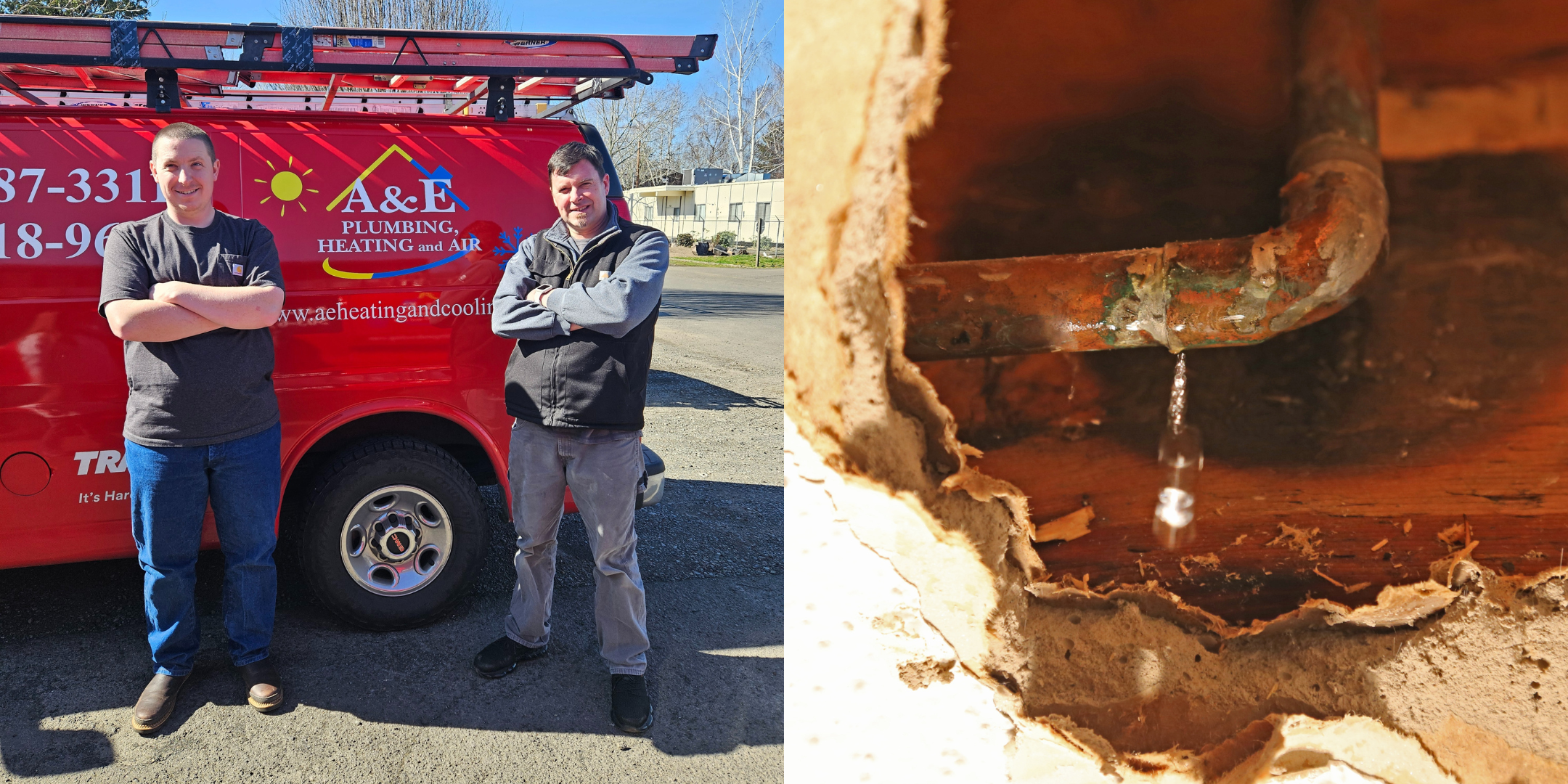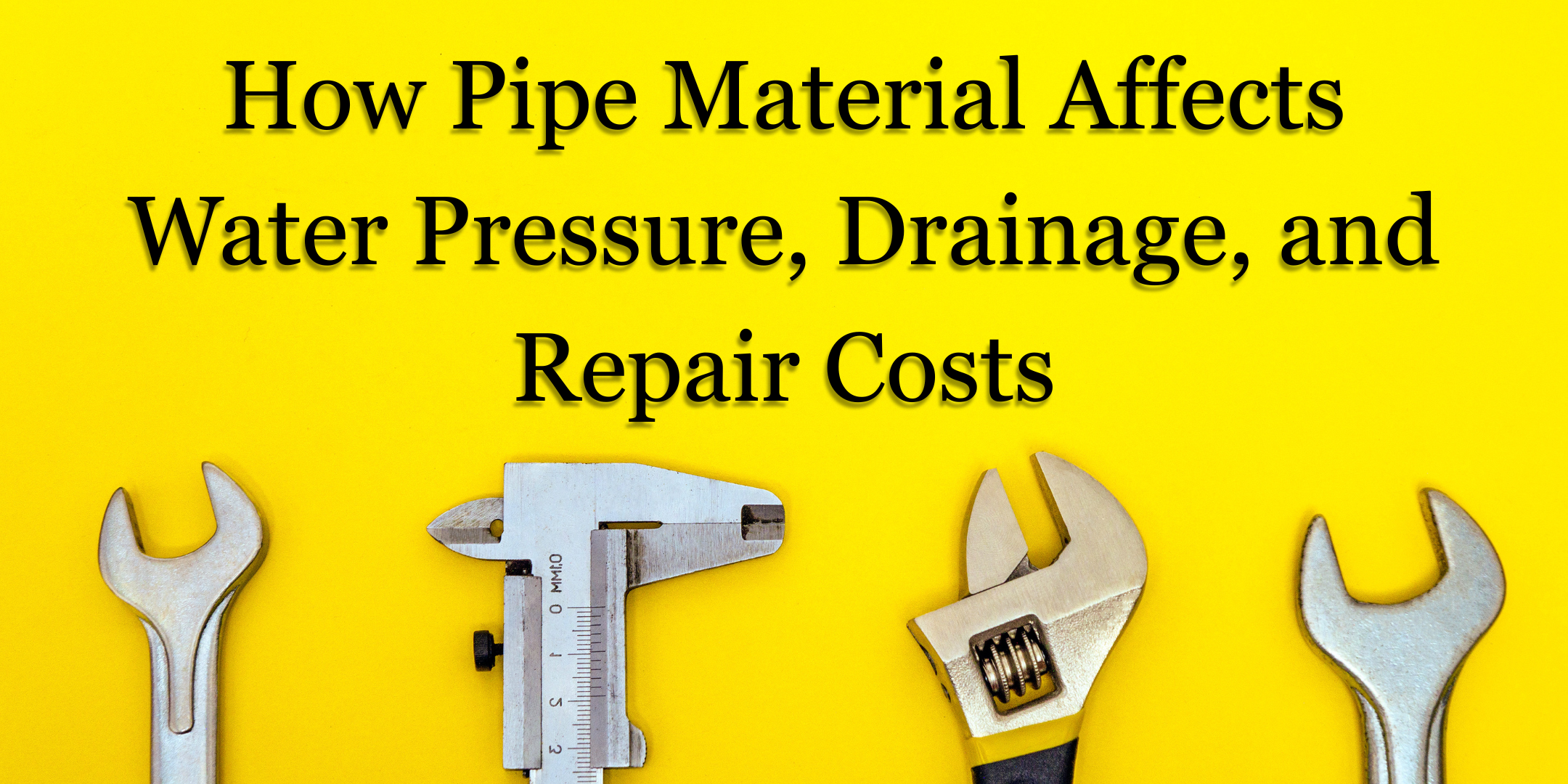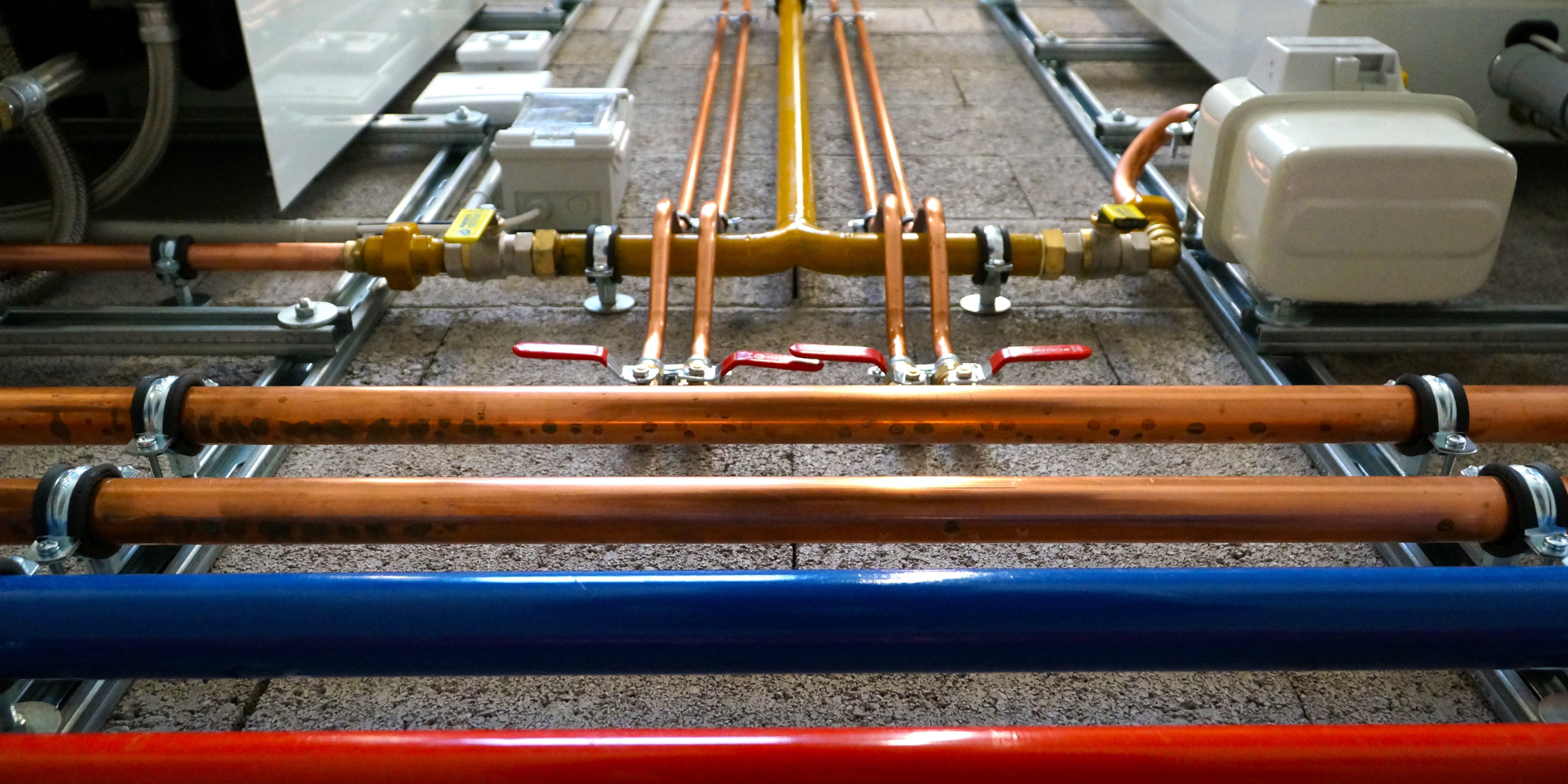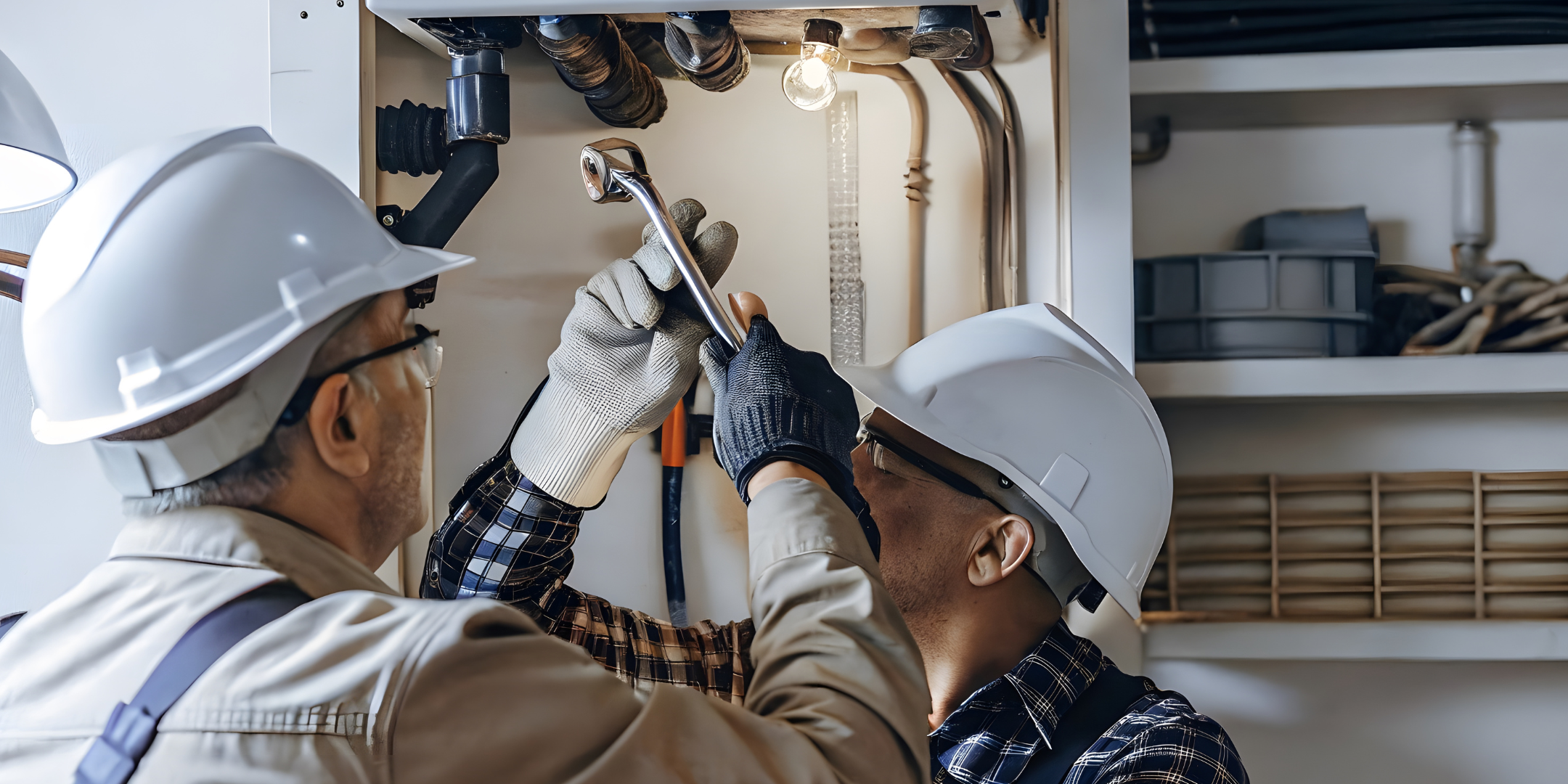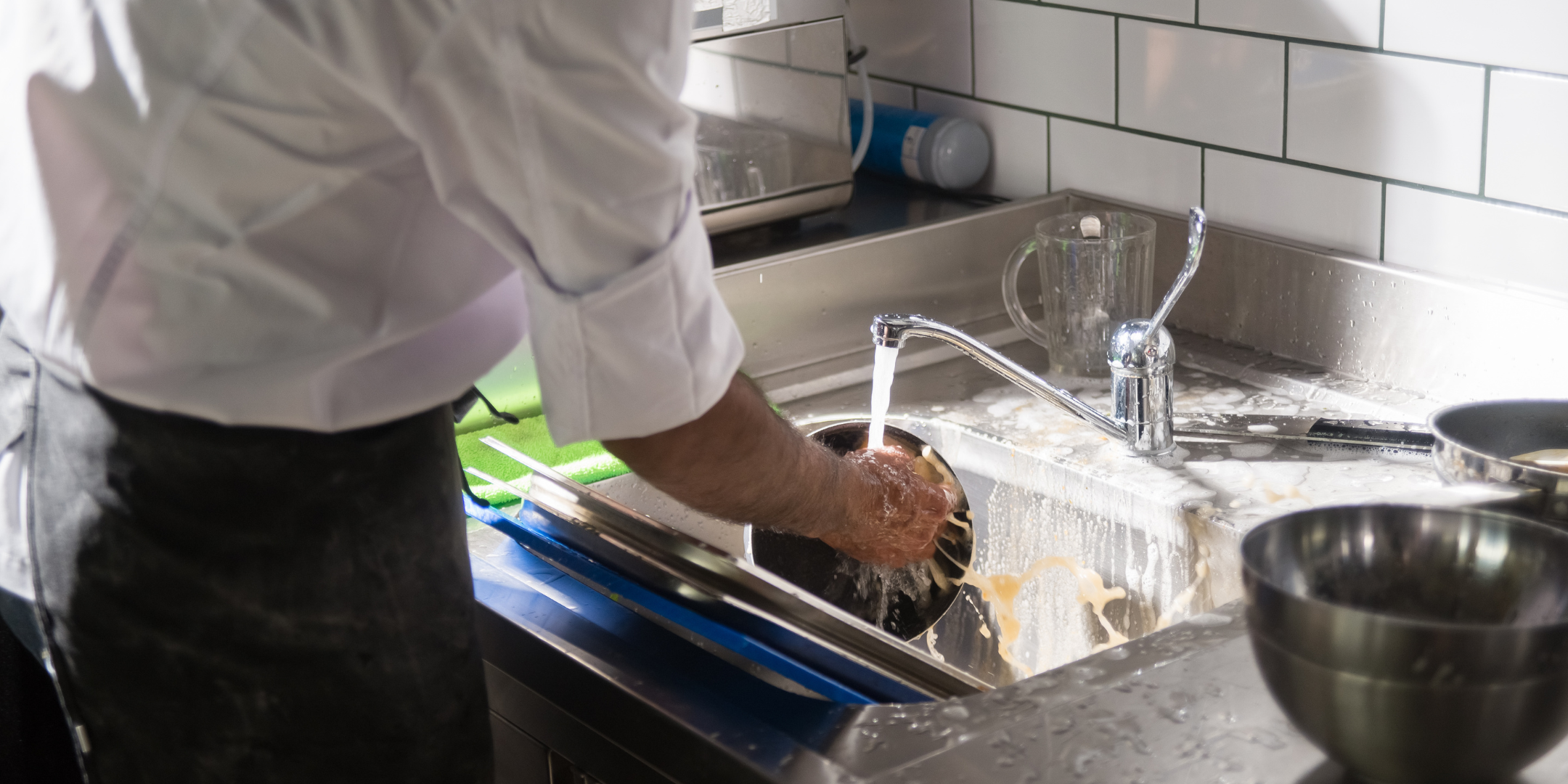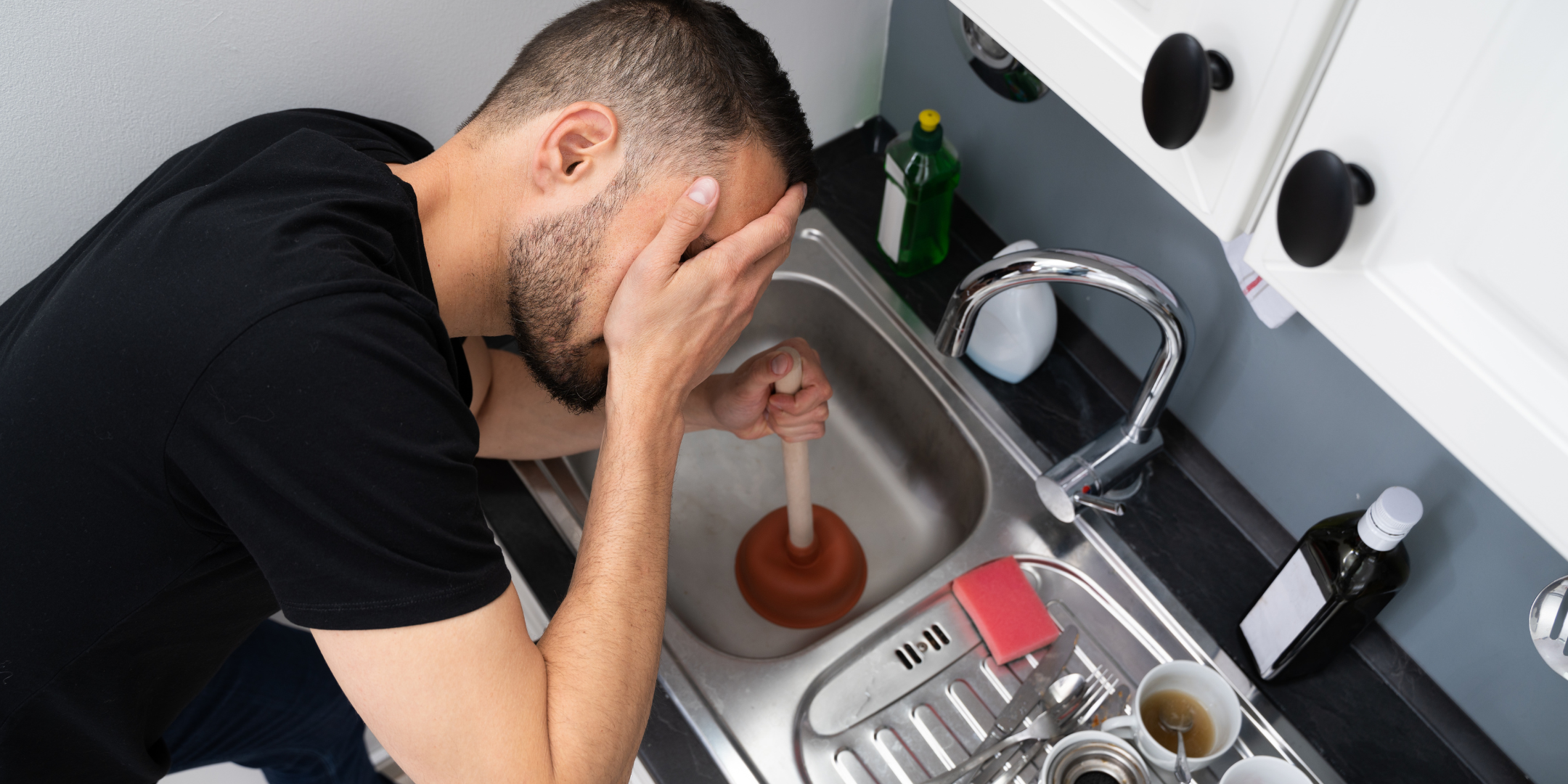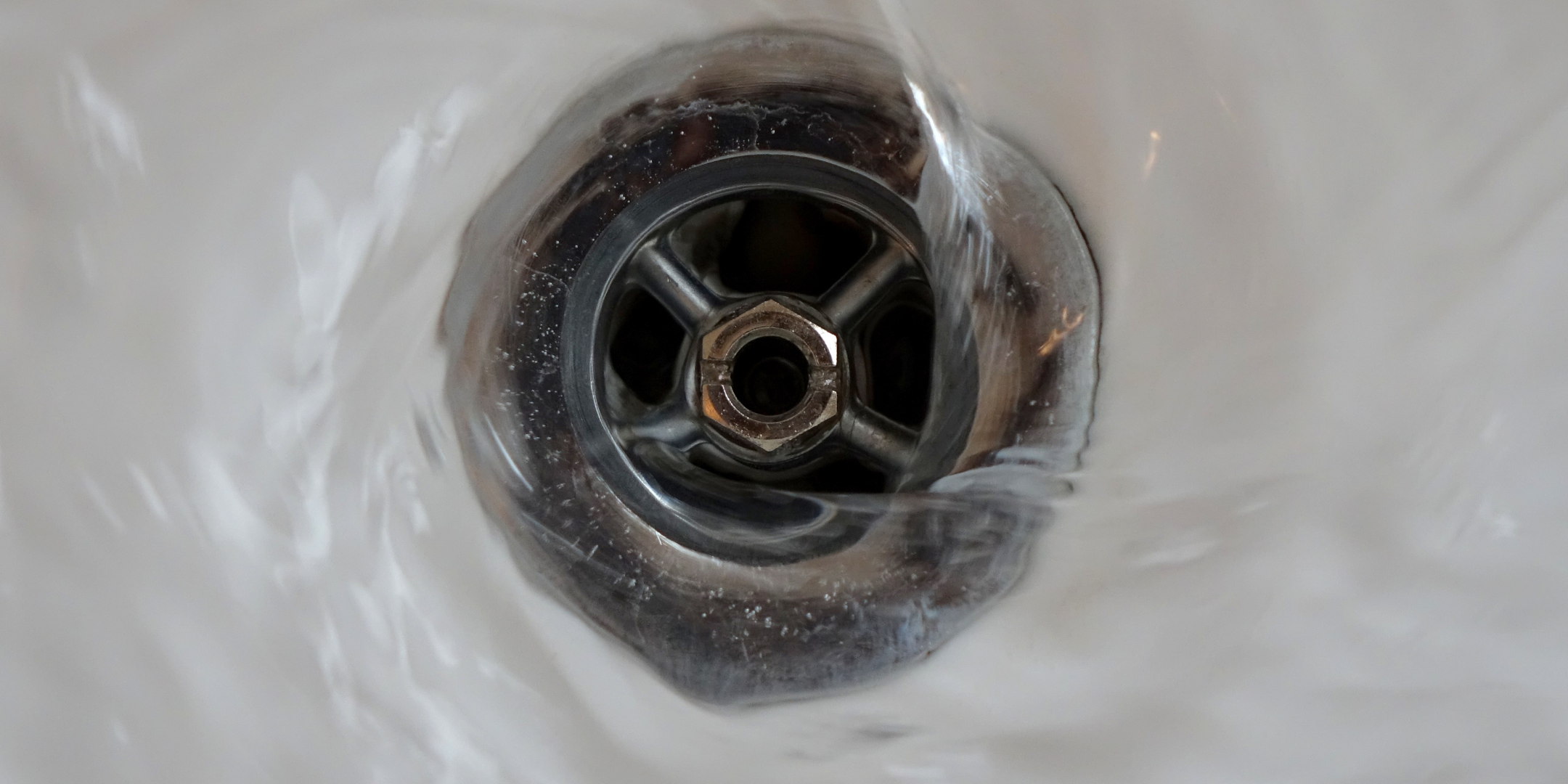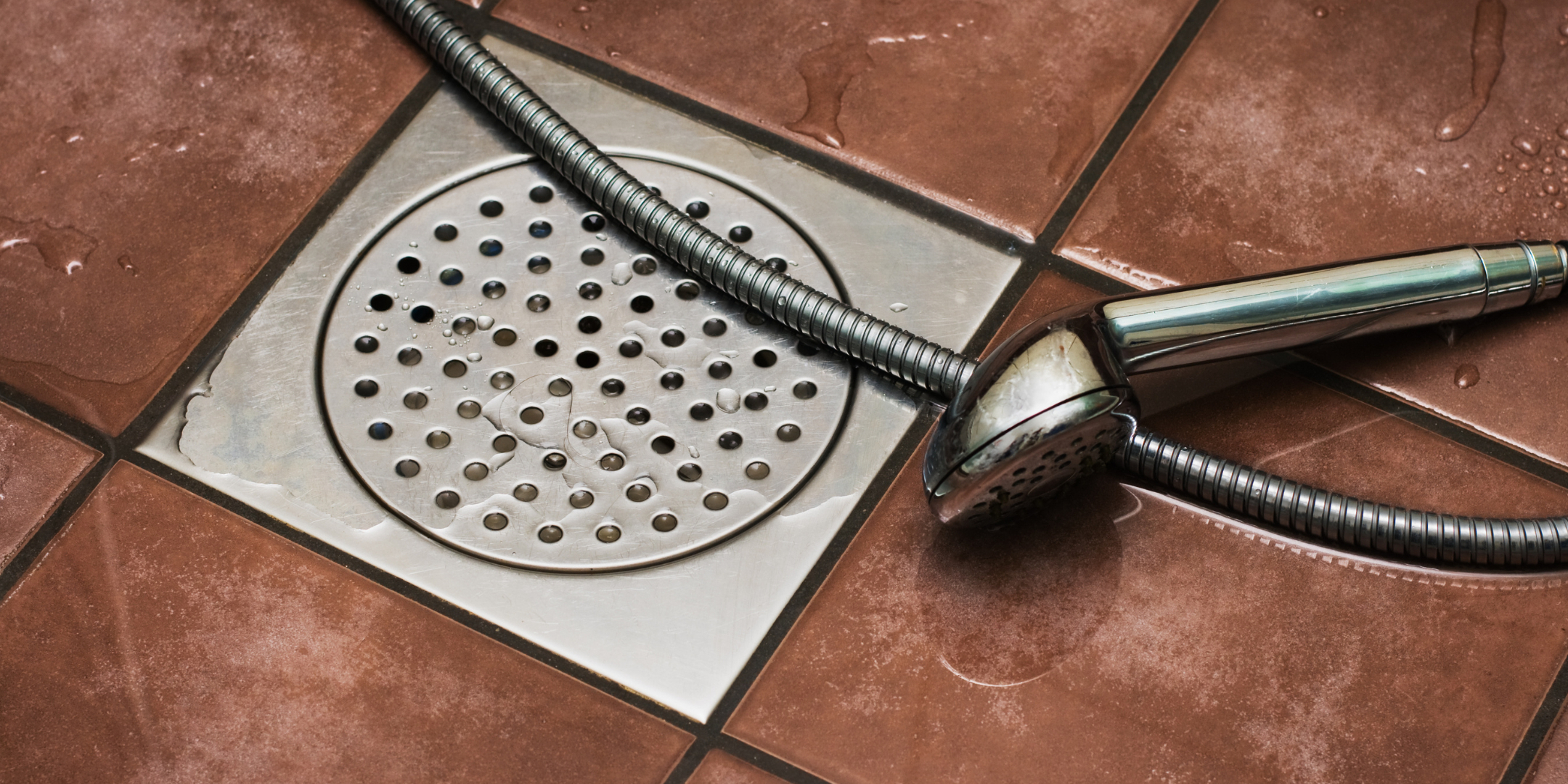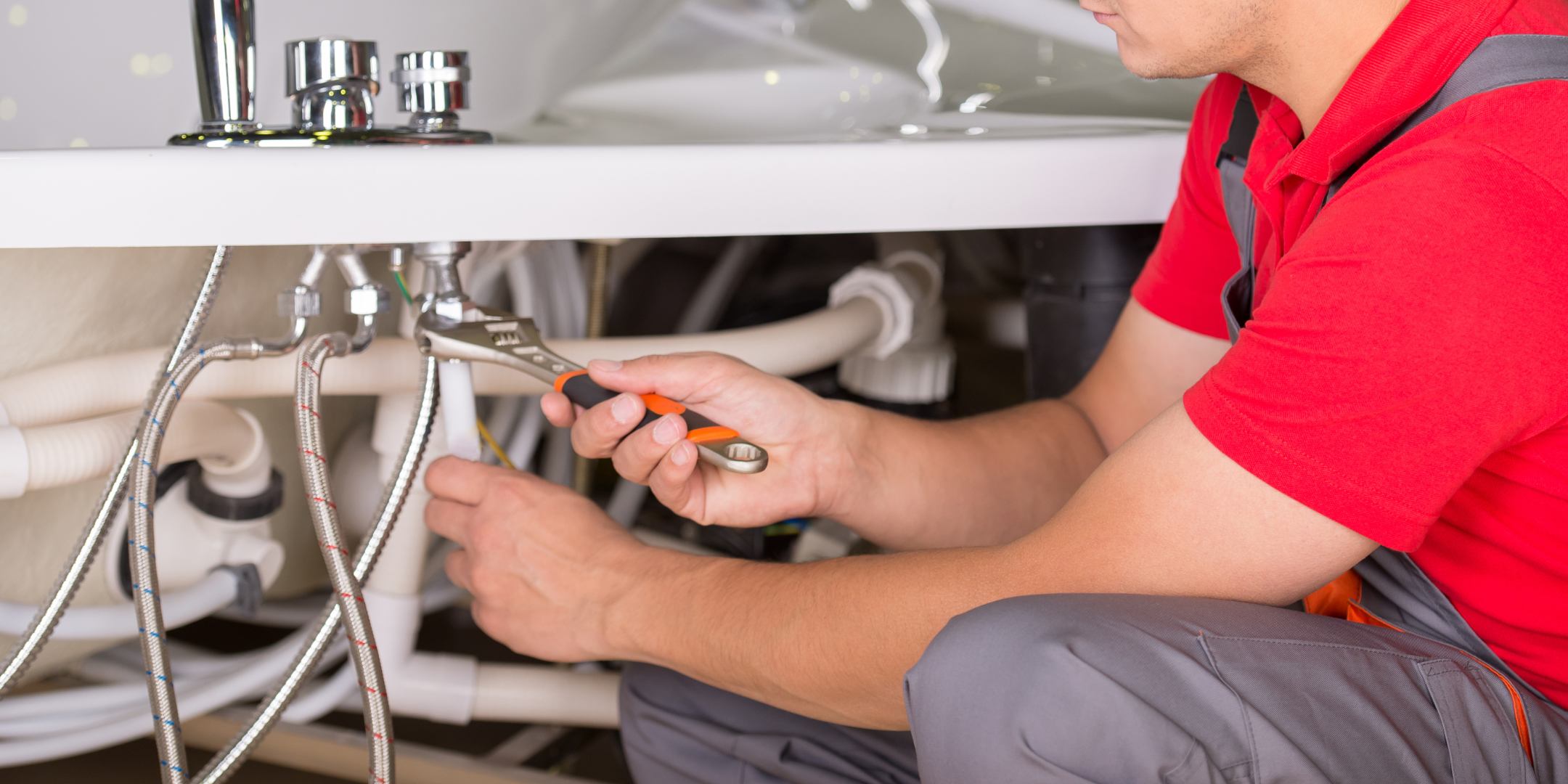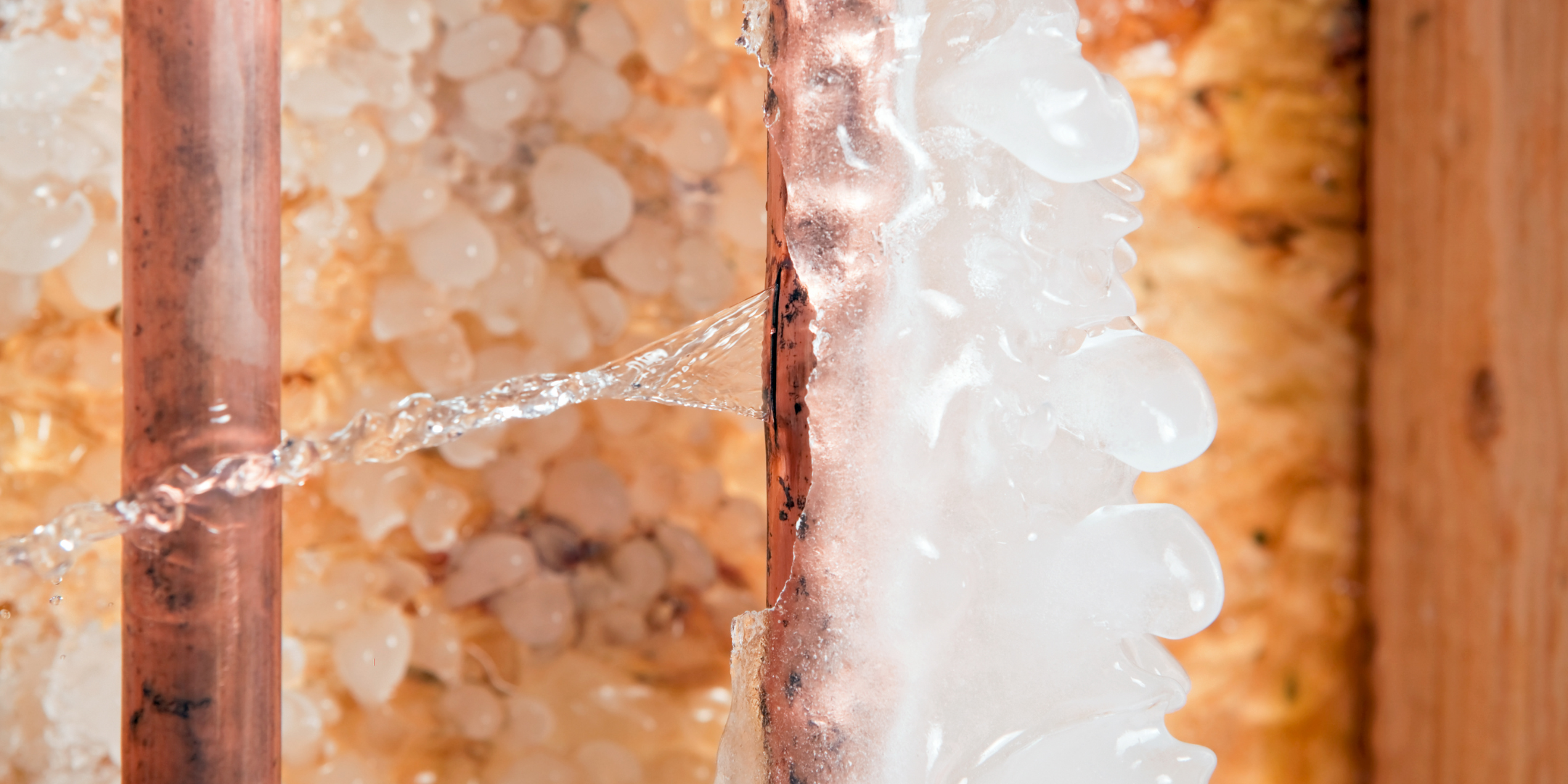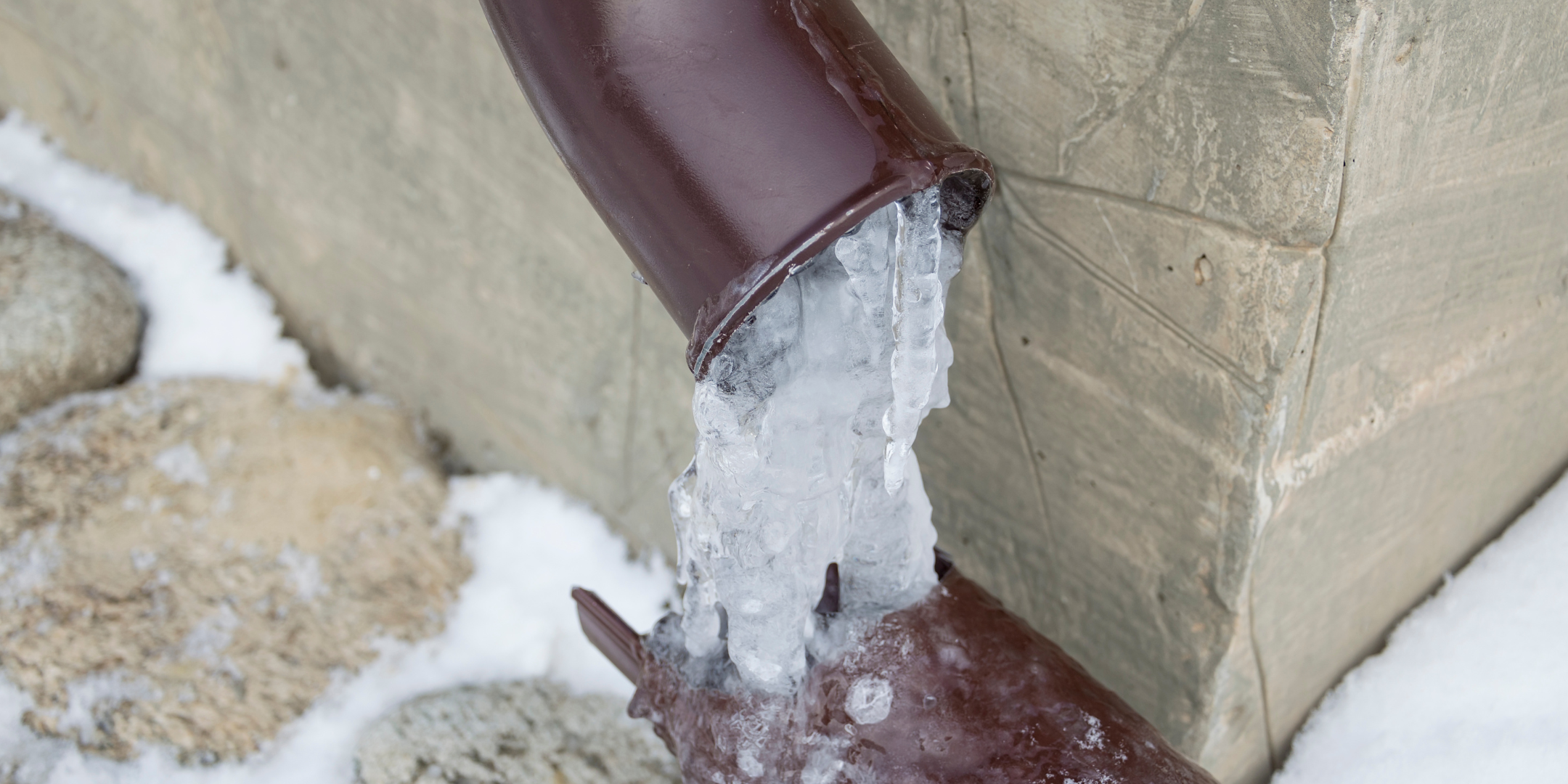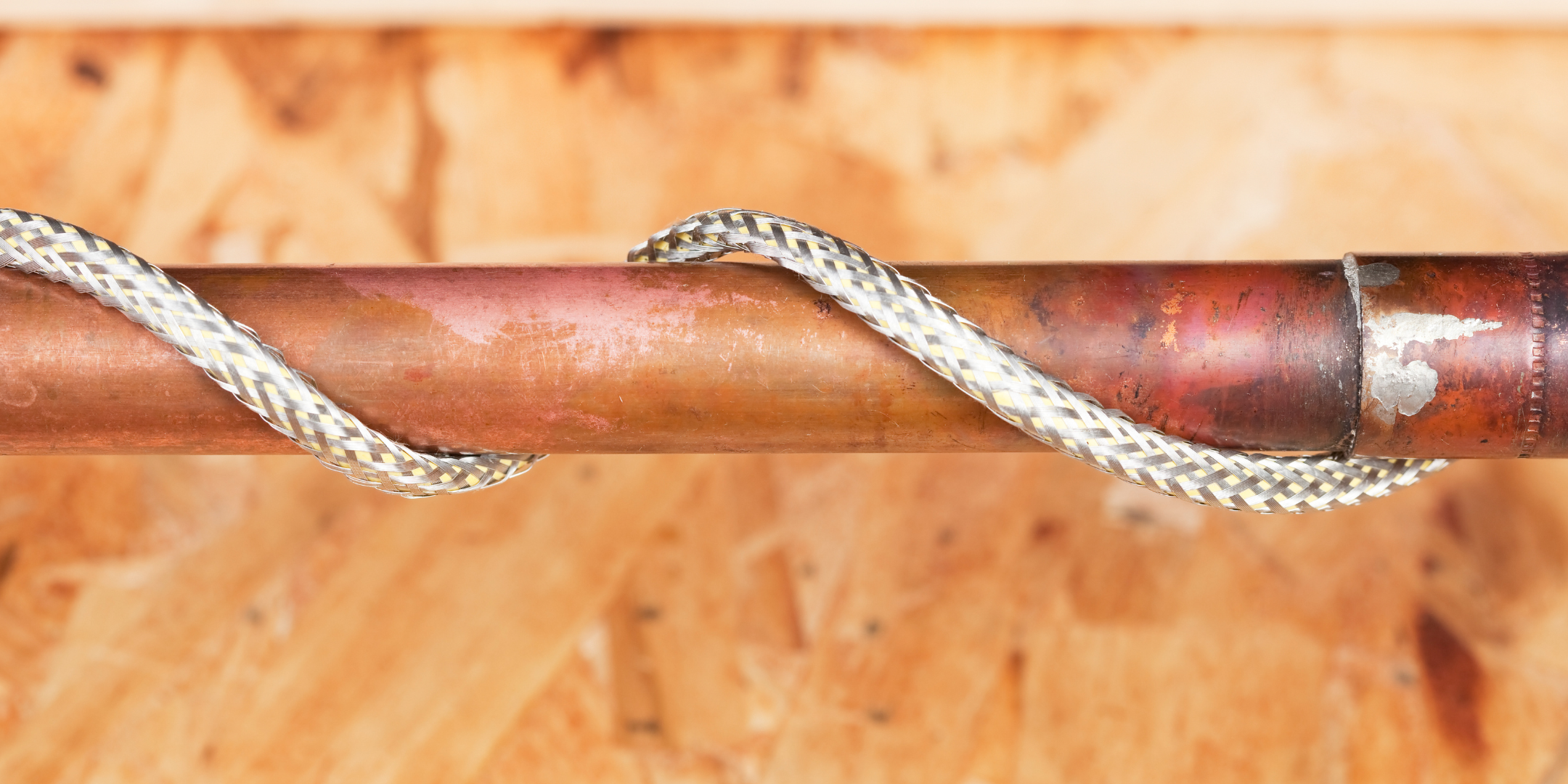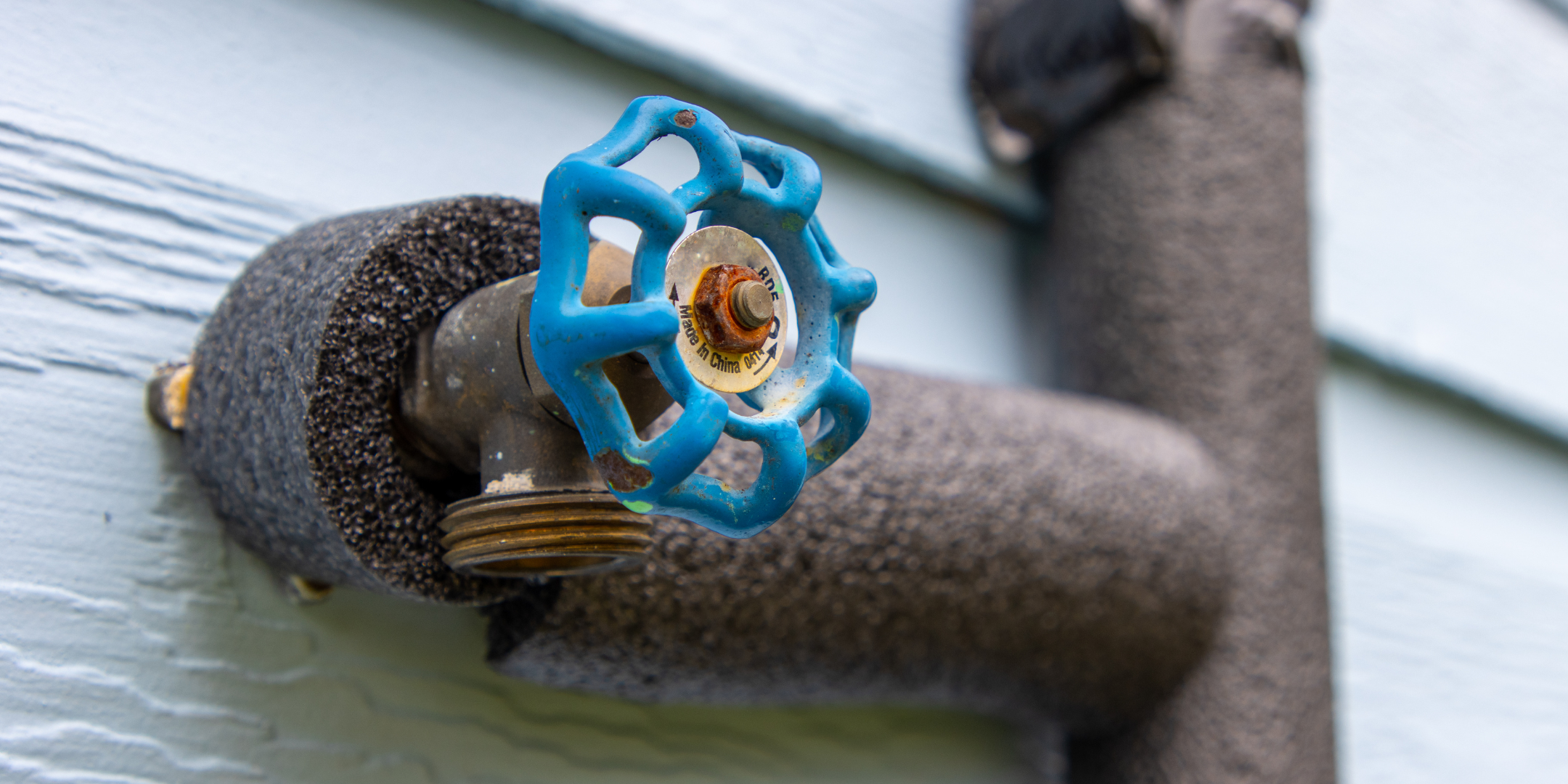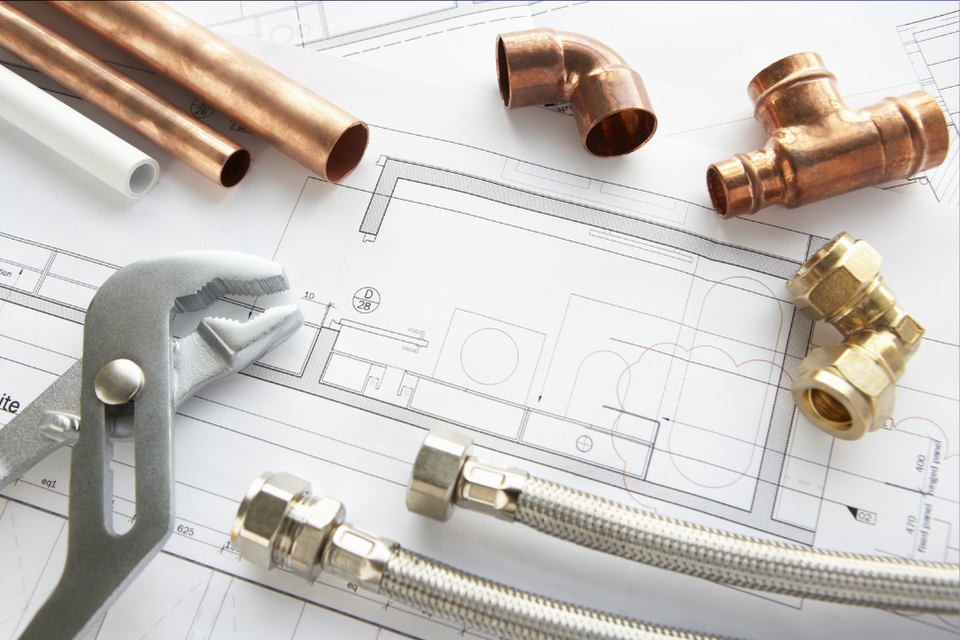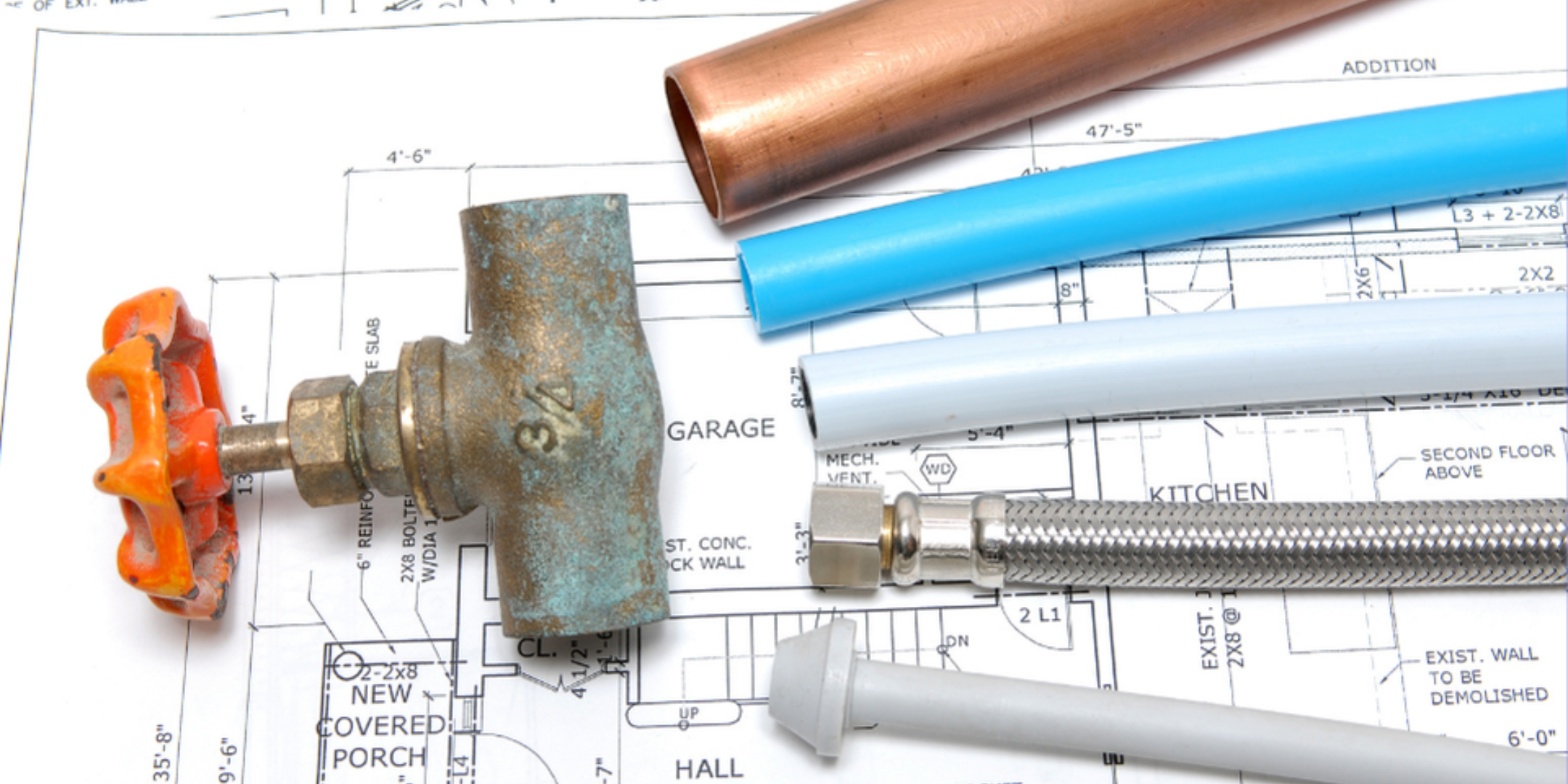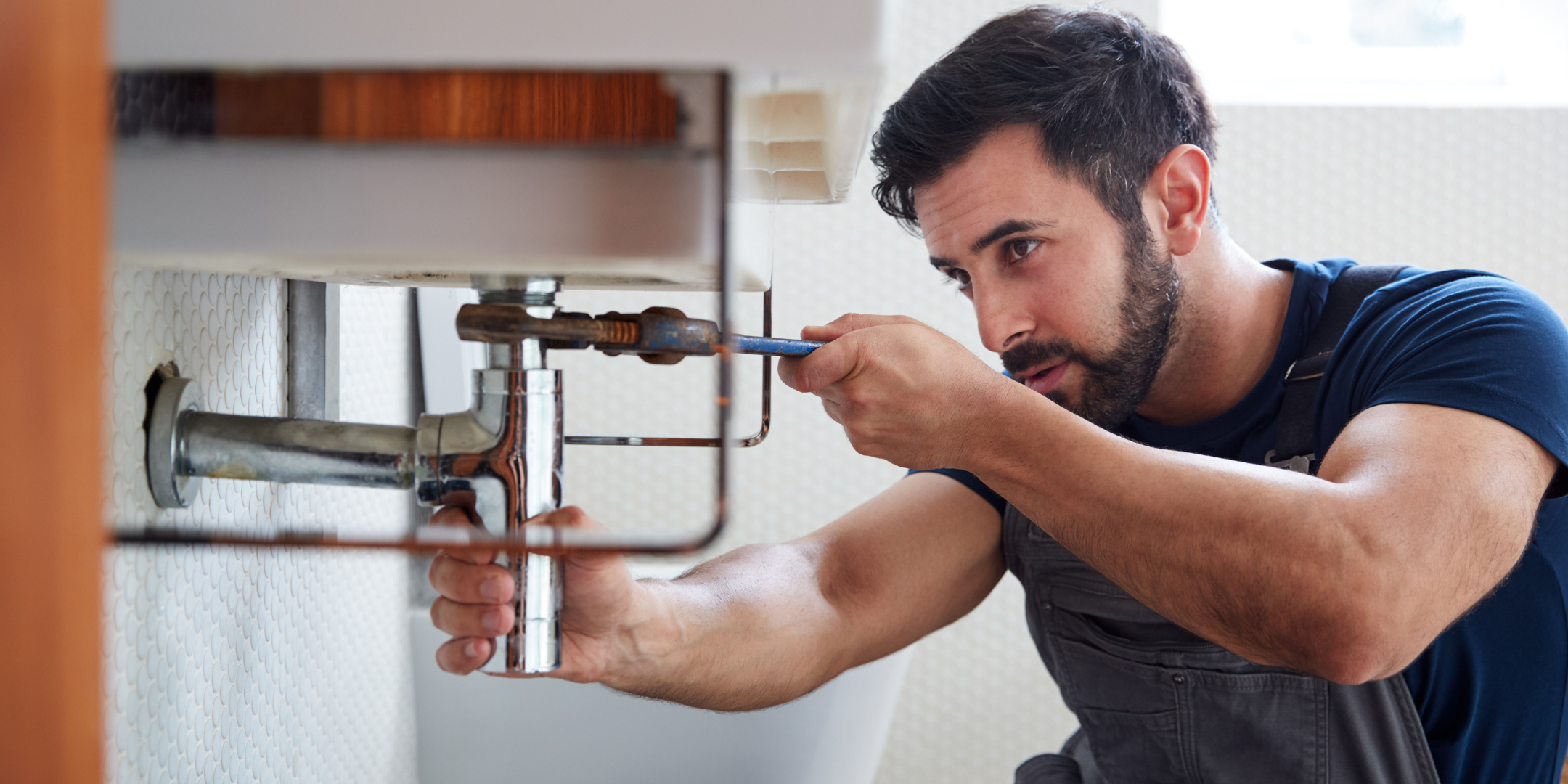
With summer right around the corner, it’s time for family and friend gatherings, 4th of July celebrations, BBQs and slip-n-slides. Keeping your plumbing system in prime condition is crucial to hosting all summer gatherings and visitors.
visitors.
Repiping your home is a significant investment, but it's essential for maintaining the integrity of your plumbing system. Recognizing the signs that indicate the need for repiping services can save you from costly repairs and potential water damage. Our team at A&E Plumbing, Heating and Air understands the importance of a reliable plumbing system, especially during the bustling summer months.
We know that navigating the complexities of repiping can be overwhelming, particularly for homeowners without plumbing experience. With over 16 years of plumbing experience, our technicians are well-versed in identifying when repiping is necessary and ensuring the process is as smooth as possible.
In this article, we’ll explore the critical signs that indicate it’s time for repiping, why it’s a worthwhile investment, and how to ensure your home’s plumbing system can handle the increased demand of summer festivities, ensuring you enjoy a worry-free season.
Is It Time to Repipe? 7 Warning Signs
1. Persistent Leaks
Frequent leaks in different areas of your home can indicate deteriorating pipes, especially in older plumbing systems. Look for visible water damage, damp spots, and mold growth as signs of persistent leaks.
These issues can lead to significant water damage, increased bills, and health risks from mold and mildew. If you find yourself constantly repairing leaks or if your plumbing system is over 50 years old, it might be time to consider repiping to prevent further damage and inconvenience.
2. Discolored Water
Rust-colored or brown water from your taps indicates pipe corrosion, commonly found in homes with galvanized steel pipes. This corrosion can introduce harmful contaminants into your water supply and affect its quality.
This discoloration is often more noticeable in the morning or after periods of inactivity and can stain fixtures, clothing, and dishes. Consistent discoloration should prompt you to contact a professional plumber to assess and address the issue, possibly through repiping.
3. Low Water Pressure
If you experience a sudden drop in water pressure, it could be due to sediment buildup or corrosion inside your pipes, often caused by minerals and debris accumulating over time. Aging pipes, especially those made of galvanized steel, are particularly prone to corrosion, reducing water pressure throughout your home.
Consistently low water pressure is a clear warning sign that repiping may be necessary to restore adequate water flow and prevent further damage. Addressing this issue promptly can resolve daily inconveniences and ensure your plumbing system functions properly.
4. Noisy Pipes
Banging, clanging, or other unusual noises from your pipes can indicate serious issues such as loose fittings, high water pressure, or aging pipes that need replacement. Loose fittings may cause rattling, high water pressure can create vibrations and water hammer, and aging pipes often lead to corrosion and weakened joints.
Additionally, pipe expansion and contraction from temperature changes can cause knocking sounds. Ignoring these noises can lead to significant problems like water damage and costly repairs.
5. Visible Corrosion
Inspect exposed pipes for any signs of rust, discoloration, or flaking. Visible corrosion is a clear sign that your pipes are deteriorating and may need to be replaced. Corrosion weakens the structural integrity of pipes, making them more susceptible to leaks, bursts, and contamination of your water supply.
Over time, corrosion can lead to significant water damage and costly repairs. In addition to rust and discoloration, look for green or white deposits around joints and fittings, which indicate mineral buildup from corroded pipes.
6. Age of Your Plumbing System
If your home is over 50 years old and still has its original plumbing, it’s likely time for an inspection. Older pipes, such as galvanized steel and polybutylene, are prone to corrosion, rust, and degradation, leading to reduced water quality, lower pressure, and an increased risk of leaks and breaks.
Aging systems can also suffer from mineral deposits and sediment buildup, causing blockages and further decreasing efficiency. Regular inspections and maintenance are essential to identify these issues early. If you notice frequent leaks, discolored water, or low pressure, consider repiping with modern materials like copper or PEX to improve water quality and system reliability.
7. Water Damage
Unexplained water stains on walls, ceilings, or floors can be a clear indication of hidden leaks within your plumbing system. These leaks, often out of sight behind walls or under floors, can cause significant damage over time. When left unaddressed, even minor leaks can lead to extensive water damage, fostering mold and mildew growth, which pose health risks and can degrade indoor air quality.
and mildew growth, which pose health risks and can degrade indoor air quality.
Additionally, prolonged exposure to moisture can weaken structural components of your home, such as wood beams and drywall, leading to costly repairs and potential safety hazards. It's essential to investigate any signs of water damage promptly. If you notice water stains, damp spots, or an increase in your water bill without an apparent reason, it may be time to consult a professional plumber.
4 Benefits of Repiping Your Home
1. Improved Water Quality
New pipes can significantly enhance the quality of your water supply. Old, corroded pipes often introduce rust, sediment, and other contaminants into your water, affecting its taste, color, and safety. 
By repiping your home, you can eliminate these issues, ensuring that your household has access to cleaner, clearer water. This is particularly important for drinking, cooking, and bathing, as improved water quality can contribute to better health and overall well-being.
2. Increased Water Pressure
One of the most noticeable benefits of repiping is the restoration of proper water pressure. Over time, pipes can become clogged with mineral deposits and corrosion, leading to reduced water flow.
Repiping your home can remove these blockages and allow for consistent, strong water pressure throughout your plumbing system. This makes everyday tasks like showering, washing dishes, and doing laundry more efficient and enjoyable, improving your overall home experience.
3. Preventative Maintenance
Repiping is a proactive approach to maintaining your home's plumbing system. Replacing old, deteriorating pipes can prevent major plumbing disasters, such as leaks, bursts, and water damage. These emergencies can be costly and disruptive, often requiring extensive repairs and causing significant inconvenience.
By repiping, you address potential issues before they escalate, ensuring a more reliable and durable plumbing system that can withstand the demands of daily use.
4. Enhanced Property Value
A modern plumbing system is a valuable asset that can increase the resale value of your home. Potential buyers are often concerned about the condition of a home's infrastructure, including its plumbing.
By investing in repiping, you make your home more attractive to prospective buyers, providing them with peace of mind knowing that the plumbing system is up-to-date and less likely to require immediate repairs. This can make your home stand out in the real estate market and potentially lead to a quicker sale at a higher price.
How A&E Plumbing, Heating and Air Can Get Your Plumbing Summer Ready
As summer approaches, ensuring your home’s plumbing system is in top condition is essential for hosting gatherings and enjoying worry-free celebrations in Gresham. Recognizing the signs that indicate the need for repiping can save you from costly repairs and potential water damage, while also improving your home’s water quality, pressure, and overall value.
Recognizing the signs that indicate the need for repiping can save you from costly repairs and potential water damage, while also improving your home’s water quality, pressure, and overall value.
At A&E Plumbing, Heating and Air, our experienced team is dedicated to helping you navigate the complexities of repiping, ensuring the process is smooth and efficient. By investing in repiping, you can secure a reliable plumbing system that meets the demands of your busy summer schedule and enhances your home’s comfort and safety.
Now that you know the signs of your home needing repiping services, it’s time to start considering the type of pipe you should use. In our article, “Copper Pipes vs. PEX Pipes for Your Home,” we address the pros and cons of the two most popular pipe options to make your researching journey easier than ever!
Daphne Hunt holds a bachelor's degree in English and Mass Communication and has a lifelong passion for writing. She thrives on using her skills to craft compelling pieces that inform, inspire, and connect with readers.
Topics:




